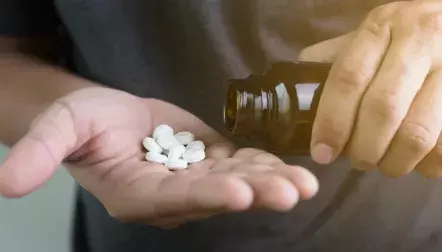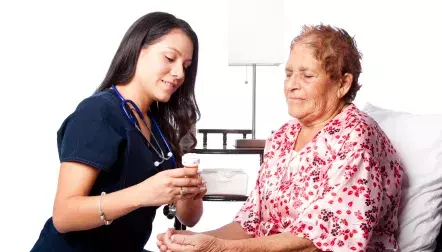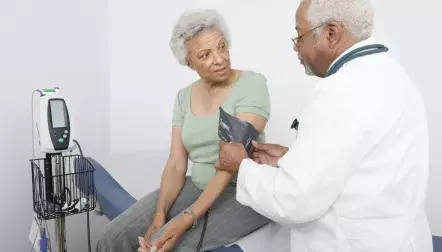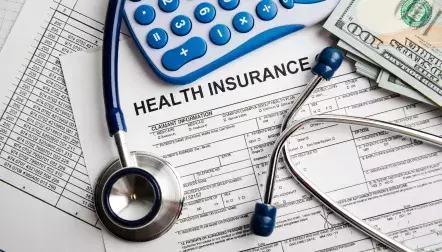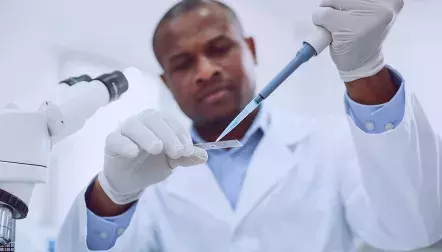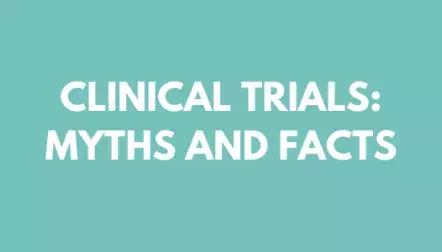
Important clinical trial terms to understand

Placebo
In some clinical trials, participants may receive a placebo. A placebo is a pill or other treatment that looks like the study medicine — or is used in the same way as the study treatment — but has no effect. The placebo is used in a study when the treatment team wants to compare what happens to the participants who use the study medicine or treatment to the participants who use the placebo.
If the participants in the study have a serious illness that could get worse from taking a placebo (meaning not taking the real medicine), the researchers do not use placebos. Instead, they use a medicine or treatment that is different and known to be effective for the illness. In general, all participants are told before they decide to join a clinical trial/study if a placebo might be used.

Bias
Clinical trials must avoid bias to be sure what is being studied is accurate. In the case of research, Merriam-Webster's dictionary defines bias as "a systematic error introduced into sampling or testing by selecting or encouraging one outcome or answer over others." Often in clinical trials, the participants (and sometimes the researchers as well) don't know what type of medicine or treatment the participants are taking. This is done to decrease bias as much as possible.
For example, a participant might be biased toward a medicine and think that it is working if they are told they are taking a new medicine that cures their disease. Just believing that you are taking a medicine to cure the disease might make you think or feel like you are getting better, even if you are not.
Single-blind (masked) study
In this type of trial, the researchers know which medicines they gave the participants, but the participants do not know what they were given. This method is used to decrease bias by participants.
Double-blind (masked) study
In this type of trial, only the pharmacist knows what medicine or treatment the participants are getting. This method is used to decrease bias by the participants and the researchers. If there is ever a problem during treatment, for example if a participant gets sick, the pharmacist will stop the study and will make sure the participant gets proper treatment.
For more terms and phrases relating to clinical trials, visit the NIH Glossary of Common Terms.




